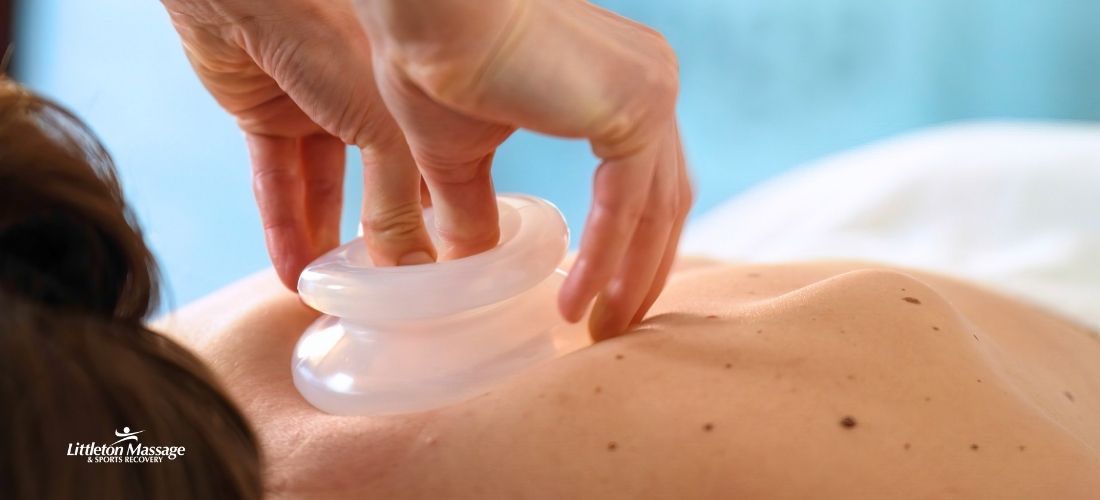
The Benefits of Thai Massage: A Holistic Approach to Well-Being
Thai massage is a therapeutic practice that has been cherished for centuries, originating in Thailand and deeply rooted in traditional healing techniques. This ancient form of bodywork offers a wide range of benefits, promoting physical relaxation and mental rejuvenation. Through a unique combination of stretching, acupressure, and energy work, Thai massage achieves these positive outcomes in a holistic and comprehensive manner.
1. Relaxation and Stress Relief: Thai massage employs gentle, rhythmic movements and soothing touch, allowing the body to unwind and release built-up tension. The massage therapist’s skilled hands create a calming environment, enabling the recipient to experience profound relaxation and mental tranquility. The reduction of stress and anxiety during a Thai massage session aids in promoting overall well-being and cultivating a sense of inner peace.
2. Improved Circulation and Energy Flow: The therapist’s expert application of acupressure and stretching techniques stimulates blood circulation throughout the body. This enhanced blood flow brings oxygen and essential nutrients to the muscles and organs, promoting better health and vitality. Moreover, Thai massage aims to balance the body’s energy flow by working on specific energy lines known as “sen.” Clearing blockages along these pathways revitalizes the body’s natural energy, leaving the recipient feeling refreshed and invigorated.
3. Increased Flexibility and Range of Motion: Thai massage incorporates an array of gentle stretches, encouraging the muscles to lengthen and relax. The stretching movements not only improve flexibility but also enhance joint mobility. Regular Thai massage sessions can gradually reduce muscle stiffness and improve overall physical flexibility, making daily activities and exercises more comfortable and enjoyable.
4. Pain Relief and Muscle Tension Release: By combining acupressure and stretching, Thai massage effectively targets areas of muscle tension and soreness. The therapist applies pressure to specific points, encouraging the release of knots and alleviating pain. This targeted muscle relief can be particularly beneficial for individuals dealing with chronic pain or those with physically demanding lifestyles.
5. Mind-Body Connection and Emotional Well-Being: Thai massage emphasizes the connection between the mind and body. During a session, the recipient is encouraged to focus on their breath and remain present in the moment. This mindfulness practice fosters a deeper mind-body connection, promoting self-awareness and emotional well-being.
In conclusion, Thai massage offers a myriad of benefits that contribute to a balanced and harmonious state of being. Through the skilled application of stretching, acupressure, and energy work, this ancient practice promotes relaxation, improves circulation, increases flexibility, relieves muscle tension, and nurtures the mind-body connection. Whether seeking relief from stress or simply aiming to enhance overall health, Thai massage provides a holistic approach to well-being that has stood the test of time.




